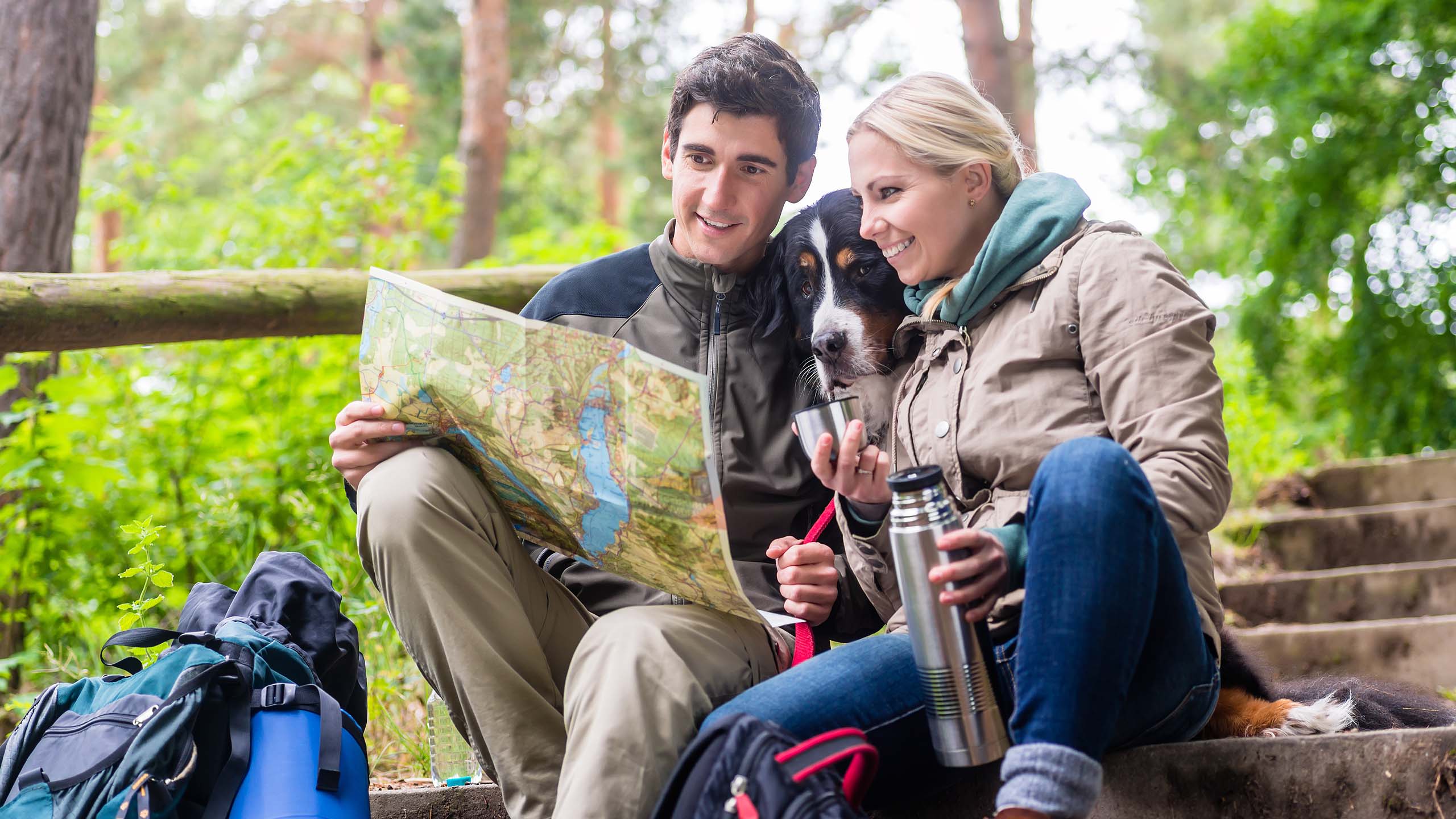Top 5 Quick & Easy Sustainable Travel Tips
Are you looking some quick and easy sustainable travel tips to help your next adventure? Maybe you want to start your sustainable journey towards more mindful travel, or contribute to local communities or the natural environment. Whatever the reason, making the decision to change is the first step forward, good for you!
Why not read more about sustainable travel or travelling with a mindful consumption mindset.
Change in current travel habits
Around 80% of travellers want to travel more sustainably, yet don’t always know where to start, or how to play their part in improving our planet. The first step is being aware of what we individually need to do to contribute so we make a positive impact when we travel.
It is about how you treat and connect with people, and what trace you leave behind. It could mean being less selfish when travelling and posting less photos on social media, rather embracing and welcoming opportunities when we travel and be present in the moment. Possibly stepping outside our comfort zone and being more thankful to the globe around us whilst we explore each destination.
Taking ownership of how you contribute to the long term sustainability and regeneration of the current state of our planet, is in your hands, so that you and future generations can continue to explore our gorgeous globe.
Changing your travel habits begins when you research destinations, where to travel to, when to travel, and how to travel. Then being aware when you are travelling of where you spend your money, how are you treating the natural environment and local people and communities.

Tip 1 – Reusable Water Bottle
Reusable water bottles are the norm these days, so are readily available, yet not everyone things to pack it when they travel. Aim to buy one that is light weight and the right size for your luggage. You are taking plane transportation, you can either fit the bottle in your carry on luggage or your checked in bag.
Then it’s a matter of refilling it with either tap water, if the destinations natural water resources are safe to drink, otherwise look for refillable water stations are your accommodation or at various locations and venues when you explore.
Some refillable water bottle are able to withstand cold and hot liquids, so dual purpose is even better.
Try this compact collapsible water bottle which rolls up to save on space when in your luggage, plus come in a variety of colours to mix and match to your personal style.

Tip 2 – Say No to Housekeeping
Depending on your accommodation style and preferences, if your accommodation property offers house keeping of proving clean towels each day, or changing sheets every couple of days, decide to decline this offer. Whilst it can be nice to receive fresh linen every day, it it not essential for your travels, nor would you normally do it at home.
Housekeeping usually means excess water is being used to wash towels and sheets on a too frequent basis. Whilst sheets are not usually replaced every day, with housekeeping sheets can be replaced on a more frequent basis than you normally would except at home.
Aim to stretch housekeeping out to double the amount of time to which you’re normally use to, although will depend on your length of stay at a property. Remember you can always ask for an extra towel if you feel one needs replaced at any stage during your stay.
You can easily and politely decline housekeeping by placing the “Do Not Disturb” tag on you door, or letting reception know that is your preference.
This simple and easy tip wont cost you anything to implement, simply a change of habit.

Tip 3 – Buy Meals to Suit your Hunger
Whilst this may sound a little crazy as it’s somewhat commonsense, yet it doesn’t mean we always follow this.
We have all been there at some time, we see a dish or food we love, so we buy a large size or a super heaped up plate, only to eat half and realise we’re full. Our eyes can be bigger than our belly on many occasions!
In most situations, food is plentiful and there is no reason to order a large size straight up, try ordering a medium portion of the food, then once you’ve finished and the food has settled in your stomach, if you’re still hungry you can go back to buy more. This may also give you an opportunity to try another dish or flavour you haven’t eaten in the past, or go for a dessert.
Too often food waste is not considered in our daily lives, especially when we travel, as we usually don’t see the before and after result. The hard work gone into gathering the raw fresh produce to prepare the meal, or seeing the left over food scraps be taken to landfill. Unfortunately, out of side out of mind.
With the right portions of food being purchased, this may result in more fresh produce been given to locals to feed communities, or a reduction in food being transported to the venue.
Plus it will likely result you spending less money over time, bonus!

Tip 4 – Reusable Toiletry Pouches
Reusable toiletry pouches / containers are more available these days, and more accepted in society. yet it does require some preparation up front prior to your travels.
Whether you’re male or female, these great little containers can be used for most of your toiletry needs; shampoo, conditioner, moisturiser, sunscreen, lotions, gels, etc. They reduce your single use packaging, either being at home or at your accommodation property, whilst saving you money.
Clear containers are optimal to see the current level in the containers, and they come in a variety of shapes, styles and sizes. Plus you can easily label them of the particular contents, to ensure you do use the sunscreen as your shampoo! Usually the clear squeeze pouch style are best, as they reduce in overall size as you consume the contents, hence they reduce the toiletry bag space you require as you travel.
The only preparation required is to organise yourself prior to your trip, ensuring you only take the required amount to fulfil the length of your travel, so you don’t pack 3 months of shampoo for a two week trip. This usually comes with experience the more you use the containers, the more accustom you’ll become to the correct amount to pack. Try even drawing a line on the pouch to show how much 1 week, 2 weeks, 3 weeks of liquid is required, then fill to the desired line depending on the length of your trip.
This can also contribute to saving you on your overall luggage weight, so you’ll be carrying less weight, bonus!

Tip 5 – Stop, Look, Listen, Learn
Depending on the reason for your travel, it can be easily to be go, go, go when travelling, as you may want to experience as much as you can at a destination. Yet being a sustainable travellers means going beyond what you want, and thinking of others.
Take time in your trip to often stop, look, listen and learn.
It could mean stop at a coffee shop or a park bench, sit back and look around, take in the sights you see. It could be watching locals go about their day to day lives, it could be taking in the sounds of nature around you, of birds chirping the trees above you, or hearing the call to prayer in a distant mosque. May you don’t speak the language of where you’re visiting, so take in the local language which you hear. Also take notice of the smells around you, either local cuisines been cooked, fragrances of spices being used, or perfumed flowers nearby.
As you sit back, start to learn more about the destination, what do you notice about the local people, their cultures, what does the architecture tell you about the locations history.
Taking a short amount of time to sit back, can often allow you to appreciate a destination more. Plus it may give opportunity to learn something new, which you may not have had the chance to, had you been busy going from attraction to attraction.
Start with Simple Steps towards being Sustainable
Not one person, community, organisation, or country is in charge of ensuring sustainable travel. We each individually need to contribute to our longevity of Earth. We as travellers need to positively contribute to our globe, by taking small actions every time we travel, whilst possibly changing our habits and mindset going forward. Changing your travel habits begins with being aware when and how you travel, of where you spend your money, how are you treating the natural environment and local people and communities.
It’s about taking longer to consider your options and making more careful choices before making a snap decision, or acting out of habit like you’ve always done.
As a traveller, it’s about thinking of the future traveller just like you, and ensuring your habits and actions now leave a destination better than when you first visited.


